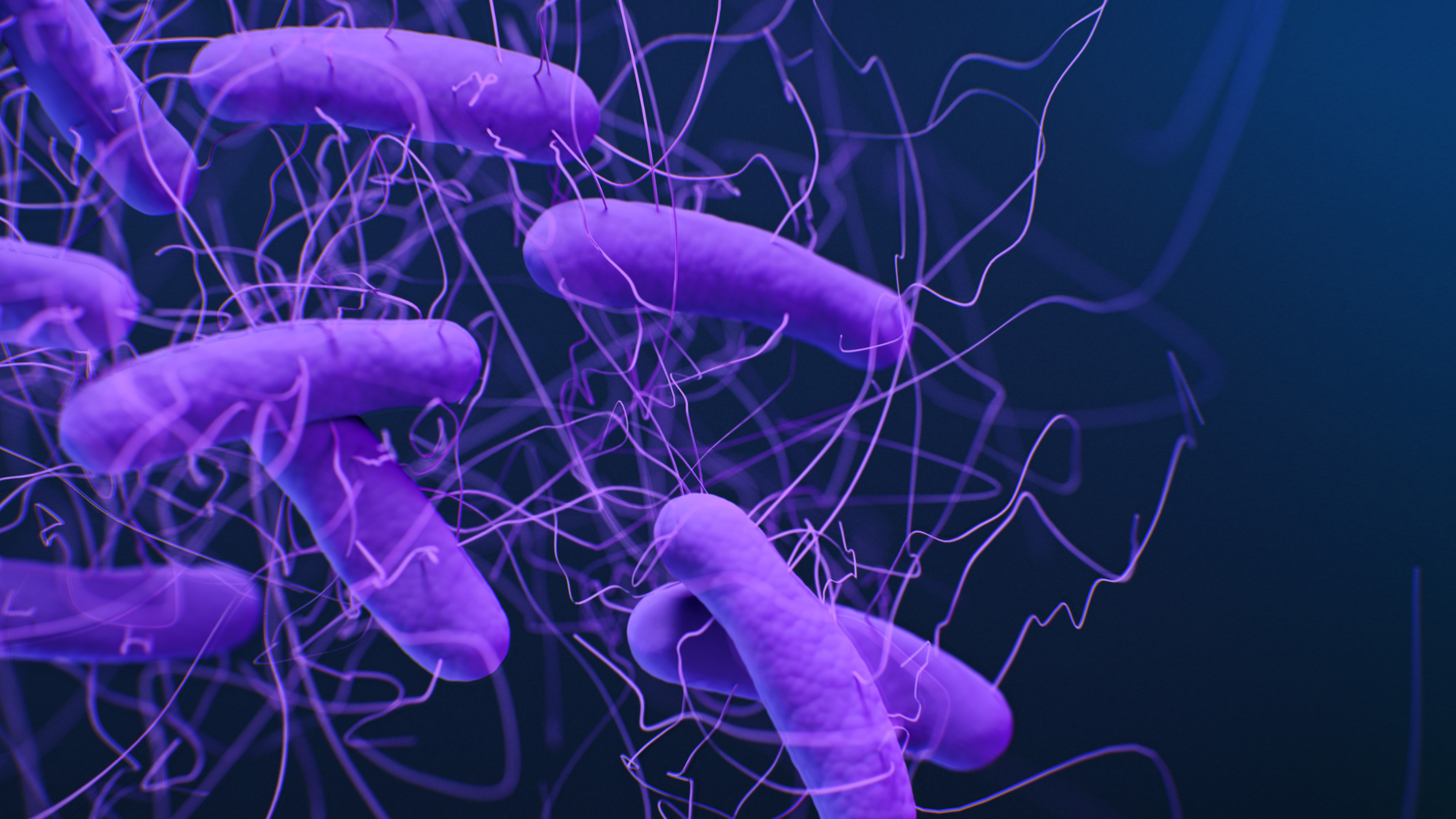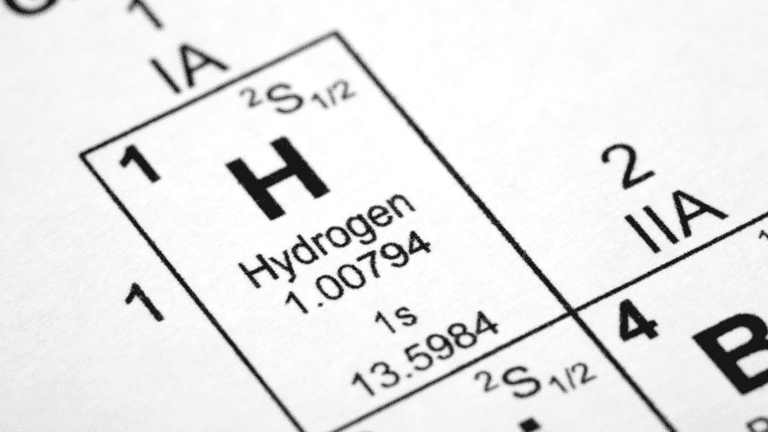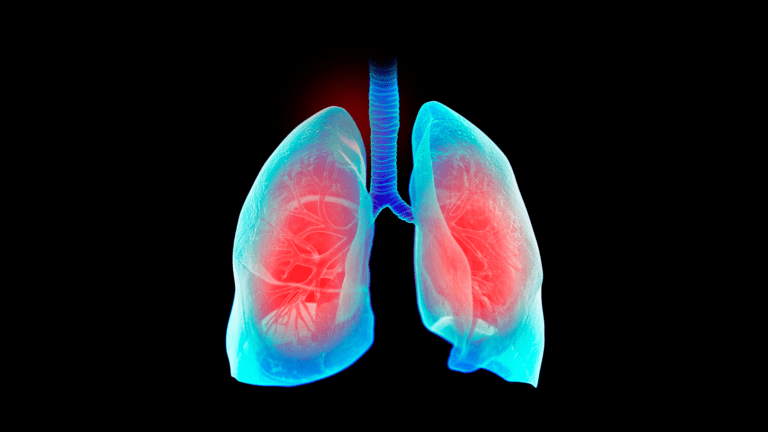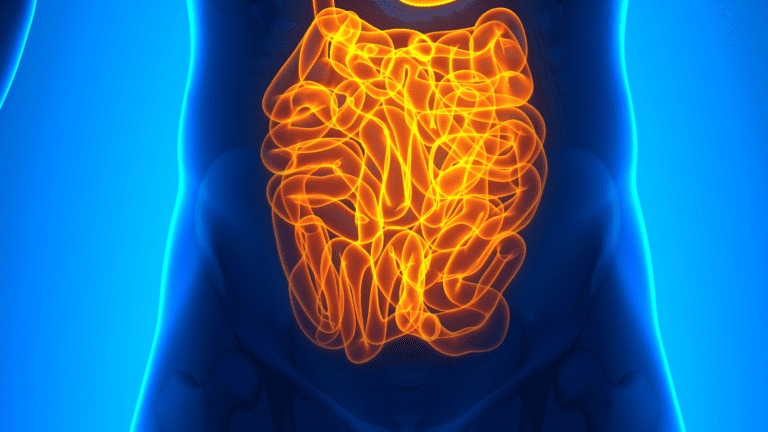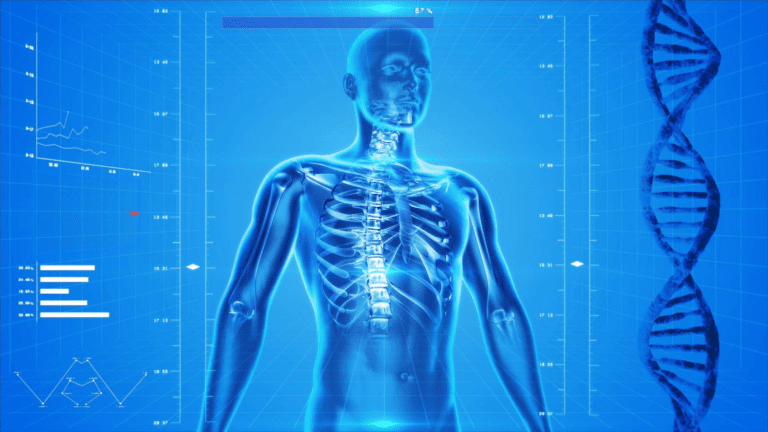Liu, C., et al., Estimation of the hydrogen concentration in rat tissue using an airtight tube following the administration of hydrogen via various routes. Sci Rep, 2014. 4: p. 5485.
Zhai, X., et al., Lactulose ameliorates cerebral ischemia-reperfusion injury in rats by inducing hydrogen by activating Nrf2 expression. Free Radic Biol Med, 2013. 65: p. 731-41.
Shimouchi, A., et al., Molecular hydrogen consumption in the human body during the inhalation of hydrogen gas. Adv Exp Med Biol, 2013. 789: p. 315-21.
Chen, X., et al., Lactulose Mediates Suppression of Dextran Sodium Sulfate-Induced Colon Inflammation by Increasing Hydrogen Production. Dig Dis Sci, 2013.
Shimouchi, A., et al., Estimation of molecular hydrogen consumption in the human whole body after the ingestion of hydrogen-rich water. Oxygen Transport to Tissue Xxi, 2012. 737: p. 245-50.
Chen, X., et al., Lactulose: an effective preventive and therapeutic option for ischemic stroke by production of hydrogen. Medical Gas Research, 2012. 2: p. 3.
Chen, X., et al., Lactulose: an indirect antioxidant ameliorating inflammatory bowel disease by increasing hydrogen production. Medical Hypotheses, 2011. 76(3): p. 325-7.
Xie, K.L., et al., Hydrogen gas improves survival rate and organ damage in zymosan-induced generalized inflammation model. Shock, 2010. 34(5): p. 495-501.
Kanazuru, T., et al., Role of Hydrogen Generation by Klebsiella pneumoniae in the Oral Cavity. Journal of Microbiology, 2010. 48(6): p. 778-783.
Suzuki, Y., et al., Are the effects of alpha-glucosidase inhibitors on cardiovascular events related to elevated levels of hydrogen gas in the gastrointestinal tract? FEBS Letters, 2009. 583(13): p. 2157-9.
Shimouchi, A., et al., Breath Hydrogen Produced by Ingestion of Commercial Hydrogen Water and Milk. Biomarker Insights, 2009. 4: p. 27-32.
Shimouchi, A., et al., Effect of Dietary Turmeric on Breath Hydrogen. Digestive Diseases and Sciences, 2009. 54(8): p. 1725-1729.
Urita, Y., et al., Extensive Atrophic Gastritis Linked to Increased Levels of Intralurninal Hydrogen Gas. Hepato-Gastroenterology, 2008. 55(86-87): p. 1645-1648.
Ley, R.E., D.A. Peterson, and J.I. Gordon, Ecological and evolutionary forces shaping microbial diversity in the human intestine. Cell, 2006. 124(4): p. 837-48.
Lee, S.H. and B.K. Choi, Antibacterial effect of electrolyzed water on oral bacteria. J Microbiol, 2006. 44(4): p. 417-22.
Oku, T. and S. Nakamura, Comparison of digestibility and breath hydrogen gas excretion of fructo-oligosaccharide, galactosyl-sucrose, and isomalto-oligosaccharide in healthy human subjects. European Journal of Clinical Nutrition, 2003. 57(9): p. 1150-1156.
Embley, T.M., et al., Hydrogenosomes, mitochondria and early eukaryotic evolution. IUBMB Life, 2003. 55(7): p. 387-95.
Olson, J.W. and R.J. Maier, Molecular hydrogen as an energy source for Helicobacter pylori. Science, 2002. 298(5599): p. 1788-90.
Sone, Y., et al., Everyday breath hydrogen excretion profile in Japanese young female students. J Physiol Anthropol Appl Human Sci, 2000. 19(5): p. 229-37.
Rizkalla, S.W., et al., Chronic consumption of fresh but not heated yogurt improves breath-hydrogen status and short-chain fatty acid profiles: a controlled study in healthy men with or without lactose maldigestion. Am J Clin Nutr, 2000. 72(6): p. 1474-9.
Kayar, S.R., et al., Hydrogen Gas Is Not Oxidized by Mammalian-Tissues under Hyperbaric Conditions. Undersea & Hyperbaric Medicine, 1994. 21(3): p. 265-275.
Strocchi, A. and M.D. Levitt, Maintaining intestinal H2 balance: credit the colonic bacteria. Gastroenterology, 1992. 102(4 Pt 1): p. 1424-6.
Eastwood, M.A., The physiological effect of dietary fiber: an update. Annu Rev Nutr, 1992. 12: p. 19-35.
Christl, S.U., et al., Production, metabolism, and excretion of hydrogen in the large intestine. Gastroenterology, 1992. 102(4 Pt 1): p. 1269-77.
Neale, R.J., Dietary fibre and health: the role of hydrogen production. Medical Hypotheses, 1988. 27(1): p. 85-7.
Washabau, R.J., et al., Evaluation of Intestinal Carbohydrate Malabsorption in the Dog by Pulmonary Hydrogen Gas Excretion. American Journal of Veterinary Research, 1986. 47(6): p. 1402-1406.
Sack, D.A. and C.B. Stephensen, Liberation of hydrogen from gastric acid following administration of oral magnesium. Dig Dis Sci, 1985. 30(12): p. 1127-33.
Griffin, G.C., et al., Hydrogen Gas Excretion after Sucrose Gavage in the Fasted Rat. American Journal of Clinical Nutrition, 1984. 40(4): p. 758-762.
Carter, E.A., et al., Use of hydrogen gas (H2) analysis to assess intestinal absorption. Studies in normal rats and in rats infected with the nematode, Nippostrongylus brasiliensis. Gastroenterology, 1981. 81(6): p. 1091-7.
Wodick, R., D.W. Lubbers, and W. Grunewald, [Evaluation procedure for the determination of organ blood flow after breathing hydrogen gas mixtures]. Pflugers Arch, 1969. 307(2): p. R51.
Levitt, M.D., Production and Excretion of Hydrogen Gas in Man. New England Journal of Medicine, 1969. 281(3): p. 122-&.
Calloway, D.H., E.L. Murphy, and D. Bauer, Determination of lactose intolerance by breath analysis. Am J Dig Dis, 1969. 14(11): p. 811-5.
Hugenholtz, P.G., et al., Clinical Usefulness of Hydrogen Gas as an Indicator of Left-to-Right Shunts. Circulation, 1963. 28(4): p. 542-&.
These scientific articles, although promising and interesting, do not constitute clinical guidelines that hydrogen can cure or prevent a specific disease. Consult your medical health provider for medical questions.

